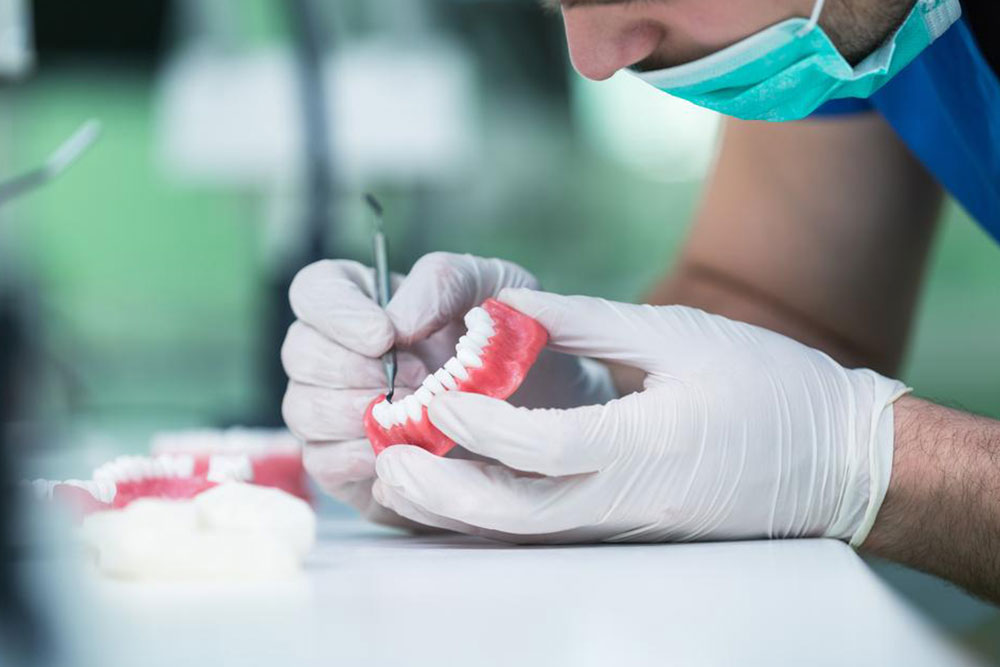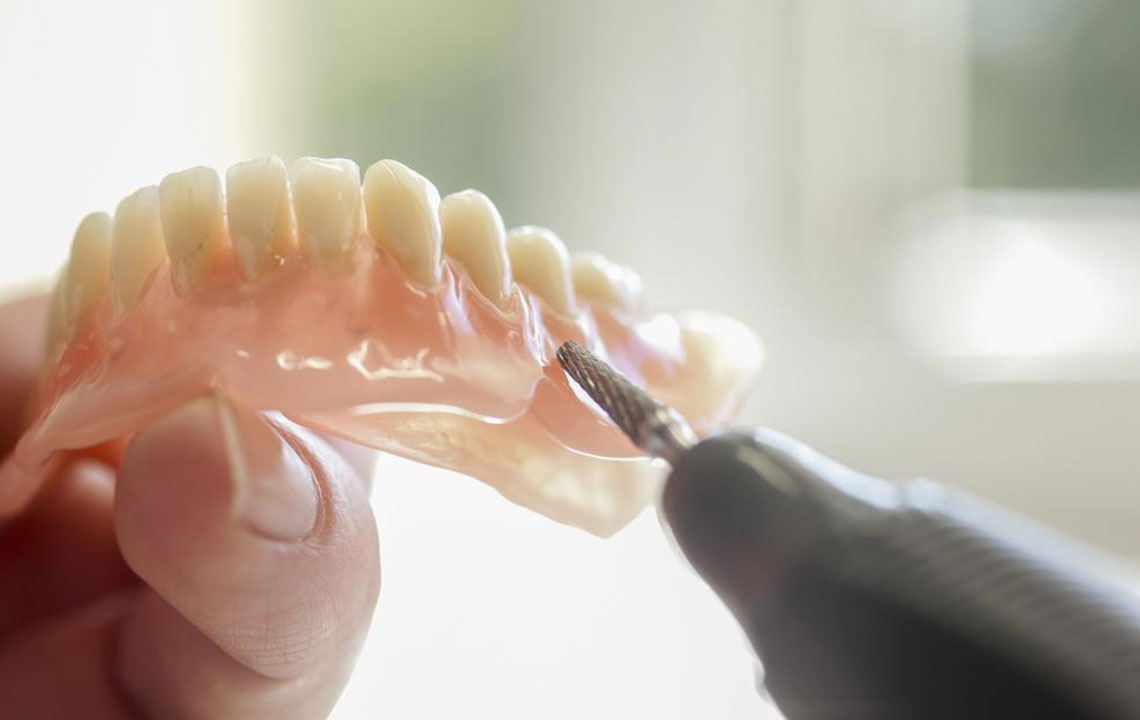Ultimate Guide to Different Types of Dentures for a Natural-Looking Smile
This comprehensive guide explores various denture options, including immediate, complete, partial, custom, and fixed dentures. It provides detailed insights into each type’s features, costs, and suitability, helping you make an informed decision for restoring your natural smile and improving oral health. Learn how modern dental solutions can enhance your confidence and functionality with professional advice and tailored treatment plans.

Ultimate Guide to Different Types of Dentures for a Natural-Looking Smile
Discover a wide range of denture options to restore your natural smile and boost your confidence
Maintaining optimal oral health involves more than just daily brushing and flossing; it requires timely attention to small dental issues before they escalate into more serious problems. One common concern is tooth loss, which can result from decay, injury, or age-related factors. Losing one or multiple teeth not only impacts your ability to chew and speak properly but also affects your facial structure and overall appearance. Furthermore, gaps caused by missing teeth can serve as breeding grounds for gum infections, which may jeopardize the health of neighboring teeth.
Fortunately, modern dentistry offers a variety of denture options and dental prosthetic solutions designed to replace missing teeth effectively. These solutions aim to restore both function and aesthetics, helping individuals regain their natural smile and confidence. Whether you need a temporary fix or a permanent replacement, understanding the different types of dentures available will enable you to make an informed decision tailored to your specific oral health needs and budget.
Most dental prosthetic devices are crafted from durable ceramic or acrylic materials designed to mimic natural tooth appearance and function. Dentures are removable appliances that are relatively straightforward to clean and maintain, making them a popular choice among patients. The selection of the right denture type depends on various factors, including the extent of tooth loss, oral health conditions, personal preferences, and financial considerations. Additionally, the expertise of your dental provider and the number of visits required for fitting and adjustments influence the overall cost of treatment. In this guide, we'll explore the most common types of dentures, their advantages, limitations, and suited scenarios to help you choose the best option for your dental health.
Immediate Dentures
Immediate dentures are custom-made prosthetics that are inserted immediately after tooth extraction. They serve as a temporary solution to fill the gaps and help the patient adapt to having prosthetic teeth while healing occurs. Typically, these are used when a patient desires an instant improvement in appearance and function; however, they usually require adjustments over time as the gums and bone reshape during the healing process. The process involves extracting teeth and fitting the denture in a single appointment, which minimizes the period with missing teeth, boosting confidence and speech during recovery.
Complete Dentures
Designed for individuals who have lost all their natural teeth in one or both arches, complete dentures are ones that replace an entire set of teeth. These are typically made from acrylic resin for the base, with artificial teeth crafted from materials like porcelain or acrylic. Full dentures help restore essential functions such as chewing and speaking, as well as improve facial appearance by supporting the cheeks and lips. The cost for complete dentures generally ranges from $1,500 to $3,000, depending on the quality of materials used, the complexity of the fit, and the geographic location of the dental practice. High-quality dentures are designed for durability and comfort, ensuring a natural look and feel.
Partial Dentures
Partial dentures are suitable for those who have lost only a few teeth, leaving the remaining natural teeth intact. They typically consist of a metal framework or acrylic base with artificial teeth attached, designed to clip onto existing teeth securely. These prosthetics prevent shifting of remaining teeth, improve biting and chewing efficiency, and restore aesthetics. On average, partial dentures are about half the cost of full arch dentures and are a flexible, removable option. While they are effective, some patients may require an adjustment period as they get accustomed to the artificial teeth and the clasps that secure the appliance.
Custom Dentures
For individuals seeking a personalized fit with enhanced comfort and aesthetics, custom dentures are crafted specifically to match your unique oral anatomy and personal preferences. This process involves taking precise impressions and creating a prosthetic that closely resembles your natural teeth in shape, size, and color. Although they tend to be more expensive than standard options, custom dentures offer superior fit, stability, and visual appeal, making them a worthwhile investment if you prioritize aesthetics and comfort.
Fixed Dentures
Fixed dentures, including dental implants, bridges, and crowns, are permanently anchored to your jawbone or remaining teeth, providing a highly natural feel and function. Dental implants involve surgically inserting titanium posts into the jawbone, which act as artificial roots for crowns or bridges. Over time, these implants fuse with the bone through a process called osseointegration, resulting in a stable and durable solution that closely mimics natural teeth. Although fixed dentures tend to be more costly due to surgical procedures and advanced materials, they offer exceptional stability, improved chewing ability, and longevity. They are often recommended for individuals seeking a permanent, maintenance-free solution that looks and functions like natural teeth.
To find the best denture solution tailored to your needs, consulting online with dental professionals or visiting a clinic for an evaluation can provide personalized advice, cost estimates, and treatment plans. Choosing the right denture type involves considering your oral health status, lifestyle, aesthetic preferences, and budget constraints.
(TAGS-Dentures, Dental Implants, Partial Dentures, Complete Dentures, Custom Dentures)





